
- Inspiring People -
- 4mins -
- 485 views
Great news! The North Sea is getting cleaner!
Research by The North Sea Foundation shows that there is significantly less waste on beaches.
The North Sea is getting cleaner!
On Thursday 18 February 2020, the North Sea Foundation published the latest figures from long-term beach waste surveys. Since 2001, the environmental organisation has been conducting beach waste monitors along the Dutch North Sea coast on behalf of Rijkswaterstaat. With an analysis of 20 years of beach waste research, a significant decreasing trend has been established: the beaches are getting cleaner. "The decreasing trend is good news and gives hope," says Clean Sea program leader Ewout van Galen, "Let’s do everything we can to continue this trend and put an end to waste in the North Sea."
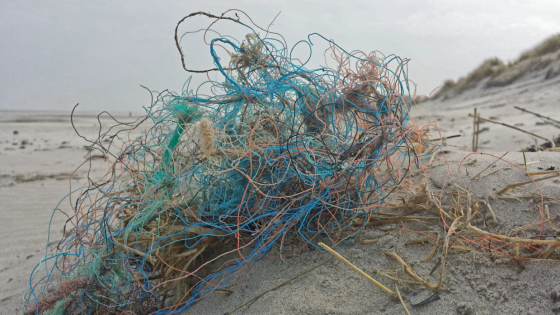
Less and less waste on the beach
There is now 27% less waste on the beach than there was ten years ago. The North Sea Foundation demonstrates this with the report Well on the way to a clean North Sea. The North Sea Foundation analyzed data from twenty years of beach waste research on non-tourist beaches. Employees of Wageningen University & Research were involved in the data analysis and confirmed the significance of the trend.
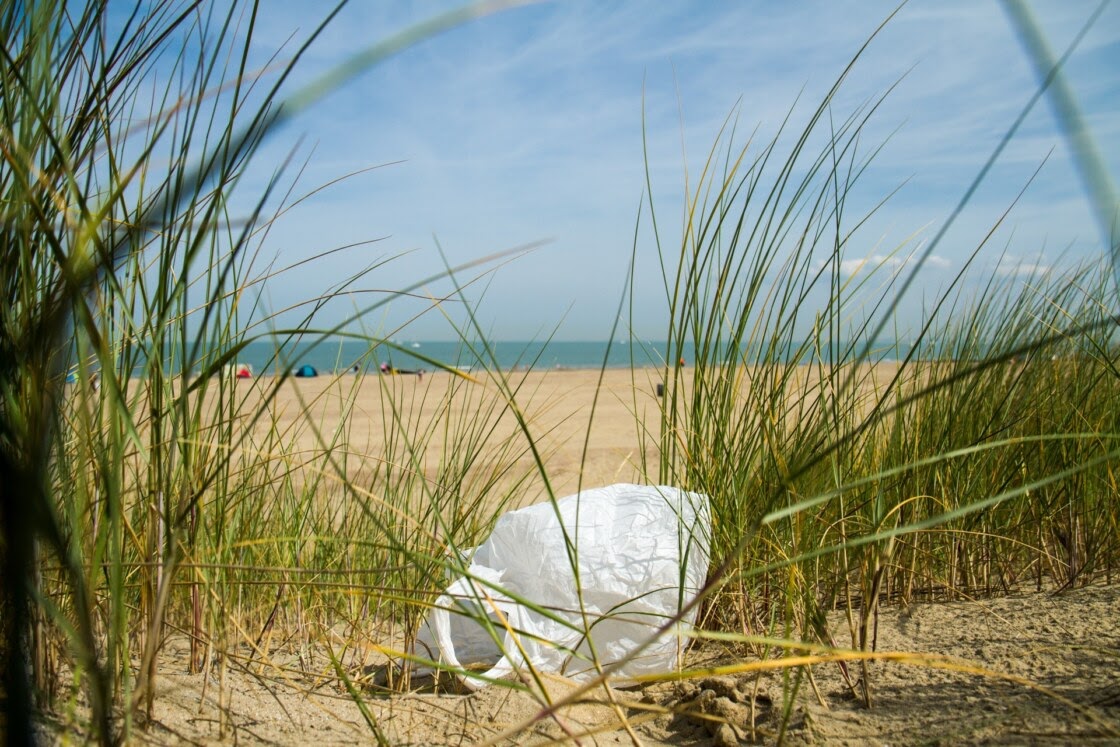
The snowball effect of awareness, policy and concerted action!
The North Sea Foundation conducted a qualitative analysis of the various causes. According to the foundation, these three main factors contribute to the change in trend.
- First of all, there is increasing attention to litter, especially plastic in the sea, which increases support for tackling it.
- Secondly, local, national and international policies have been introduced that work well, such as municipalities banning balloon launches, a national ban on free plastic bags and international legislation on dumping waste into the sea. The data shows that after these policies are implemented, significantly fewer balloons, fewer plastic bags, and less shipping waste wash ashore.
- Thirdly, citizens, the business community and civil society organisations are increasingly committed to a clean sea, for example by cleaning up the beach and improving waste disposal facilities in ports. Partly due to the efforts of the Dutch fishing industry, less fishing-related waste is found. Tons of waste are also fished up and brought ashore every year with the Fishing for Litter project.
Source: Stichting De-Noordzee
The North Sea Foundation
In the first ten years (period 2001-2010) an average of 388 pieces of litter per hundred meters were found, in the period thereafter (2011-2020) the average decreased to 282 pieces of litter per hundred meters. In particular, balloons and fishery-related litter (sometimes called fish lint or fish fluff) decreased significantly. As a result, balloons disappeared from the top five most frequently found beach litter. Although fishery-related litter is still number one, it is found less and declines significantly.
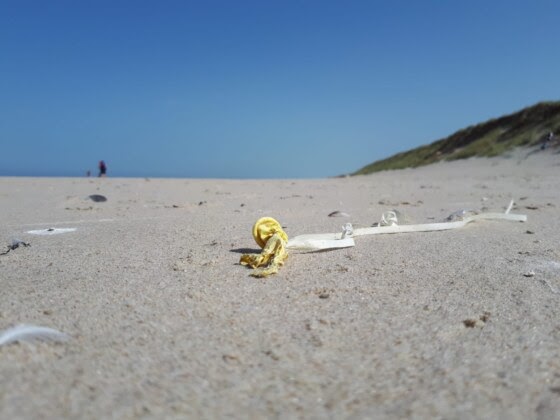
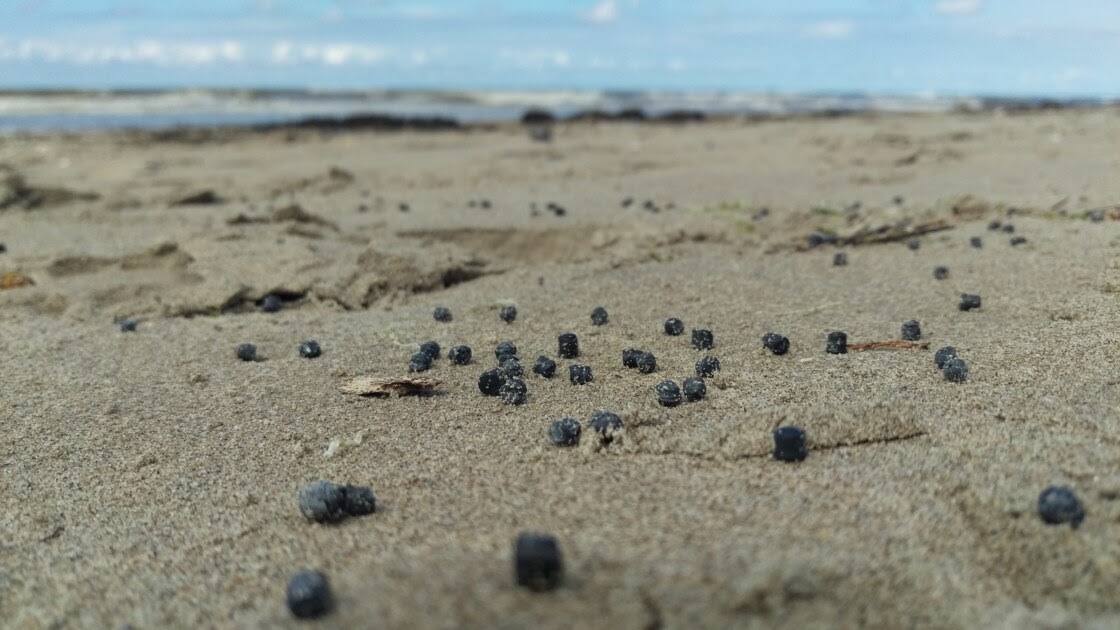
Tackling the plastic problem at source remains necessary
The North Sea Foundation calls on the government to implement the European Disposable Plastic Directive as quickly and effectively as possible, taking the opportunity to ban more disposable plastic and focus on recycling.
"The attention for the marine litter problem has grown enormously and we see that policies to tackle plastic pollution are working. That’s why we’re also very pleased with the expansion of deposits on small plastic bottles that will be introduced in July and the recent decision of deposits on cans in 2022," says van Galen. "Tackling at the source works. Let’s do everything we can to continue the downward trend and end litter in the North Sea."
“But too much waste still ends up on the beach: over the whole twenty-year monitoring period, the average is 330 pieces of waste per hundred meters. Fish lint is still the most frequently found waste. Therefore, among other things, it is very important to use alternatives to fish lint, prevent container losses and stop the inflow of waste through rivers. The results of this report are encouraging. It is necessary to tackle the waste problem together at the source: that is the key to a truly clean and healthy North Sea."
Source: Stichting De-Noordzee
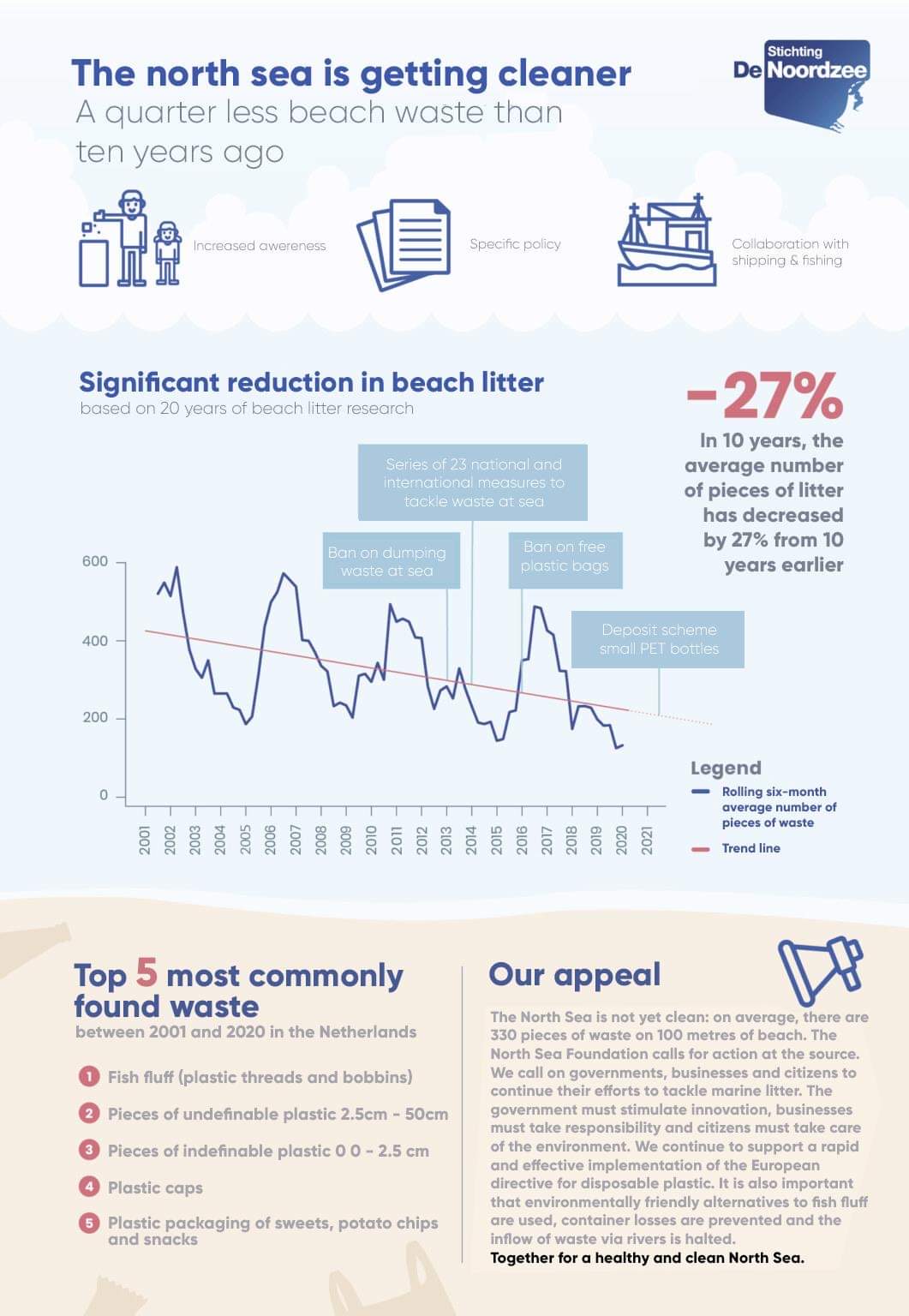
Where and What is “The North Sea”?
For readers perhaps unfamiliar with “the North Sea”, it is a sea of the Atlantic Ocean located between Great Britain (England and Scotland), Denmark, Norway, Germany, the Netherlands, Belgium and France.
The coast of the North Sea presents a diversity of geological and geographical features. In the north, deep fjords and sheer cliffs mark the Norwegian and Scottish coastlines, whereas in the south, the coast consists primarily of sandy beaches and wide mudflats. Due to the dense population, heavy industrialisation, and intense use of the sea and area surrounding it, there have been various environmental issues affecting the sea’s ecosystems. Adverse environmental issues – commonly including overfishing, industrial and agricultural runoff, dredging, and dumping, among others – have led to a number of efforts to prevent degradation of the sea while still making use of its economic potential.
Source: Wikipedia

